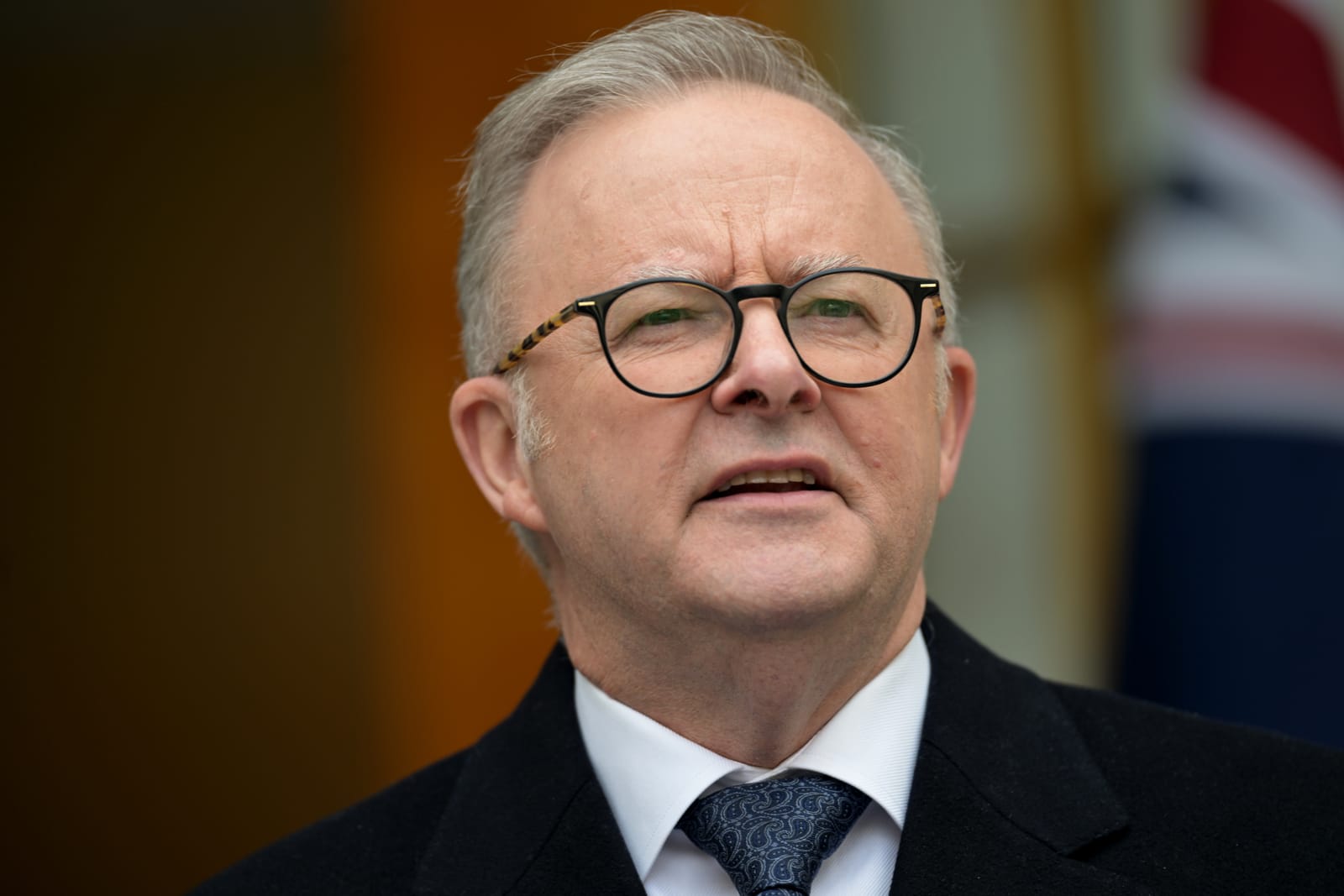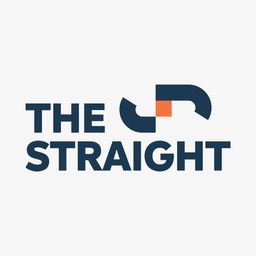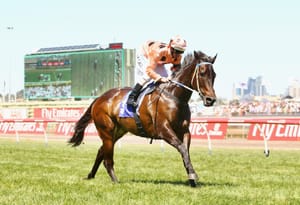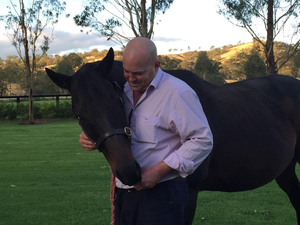The political fight over the federal government’s gambling advertising reform agenda has intensified, with Prime Minister Anthony Albanese facing a Labor backbench revolt over plans to retain some advertising on broadcast.
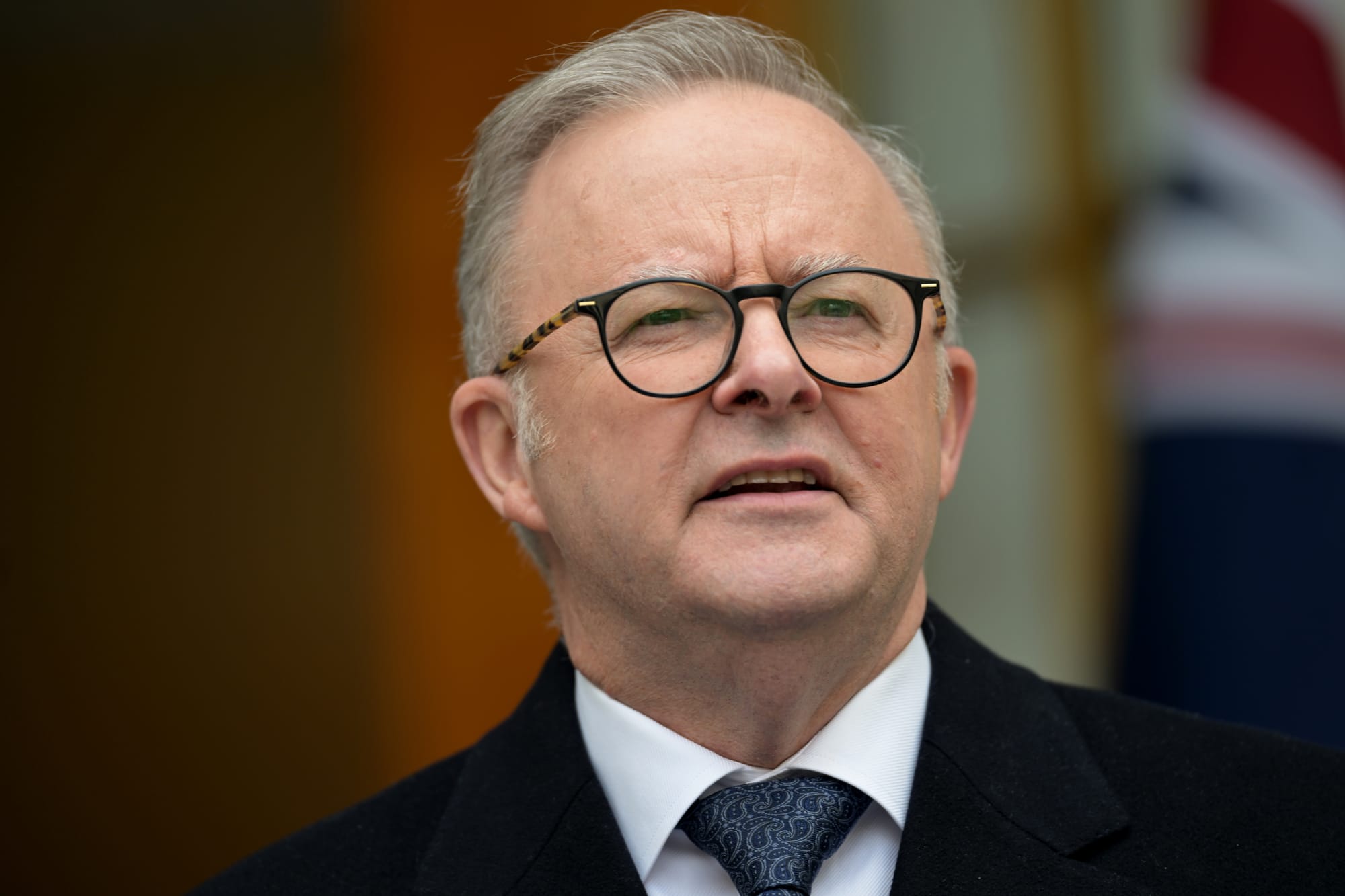
Communications Minister Michelle Rowland’s new gambling advertising reforms have not even reached caucus, let alone cabinet, but have been at the centre of a political storm since they were leaked two weeks ago.
More details filtered through at the weekend after Rowland briefed several stakeholders on the changes last week, including key anti-gambling advocates.
The proposed reforms will see a ban on gambling advertising on digital and social media platforms implemented by July next year, while restrictions on broadcast advertising are not slated for introduction until July 2026.
Print publications will be exempt from the ban, while it is also believed racing broadcasts and media would receive a carve out.
As had been previously reported, the intention is for gambling ads to be restricted to just two per hour on broadcasts during general programming and banned completely during children’s viewing times, and an hour either side and during live sports broadcasts.
It is believed the reforms will be discussed formally within Labor Party ranks this week before being put to cabinet for consideration.
A ban on kit and in-ground advertising on sporting teams is not included in this current proposal and it is believed that falls under the remit of Social Services Minister Amanda Rishworth, who will lead her own review. Several bookmakers have already moved to stop this advertising strategy and have said it would make sense for them to be banned.
The government’s response has drawn fierce criticism from the crossbench, who have called on a total broadcast ban, as had been suggested in the ‘You Win Some, You Lose More’ parliamentary report last year.
However, criticism for the government’s proposal is now coming from within Labor party ranks, with MP Mike Freelander telling the ABC that the consultation process had been botched after Rowland opted to brief wagering companies before speaking to others.
"We're being softened up and pummelled by the gambling industry," Dr Freelander told the ABC. "The ministers who are talking are just repeating the language of the gambling lobbyists.
“It’s disgusting.”
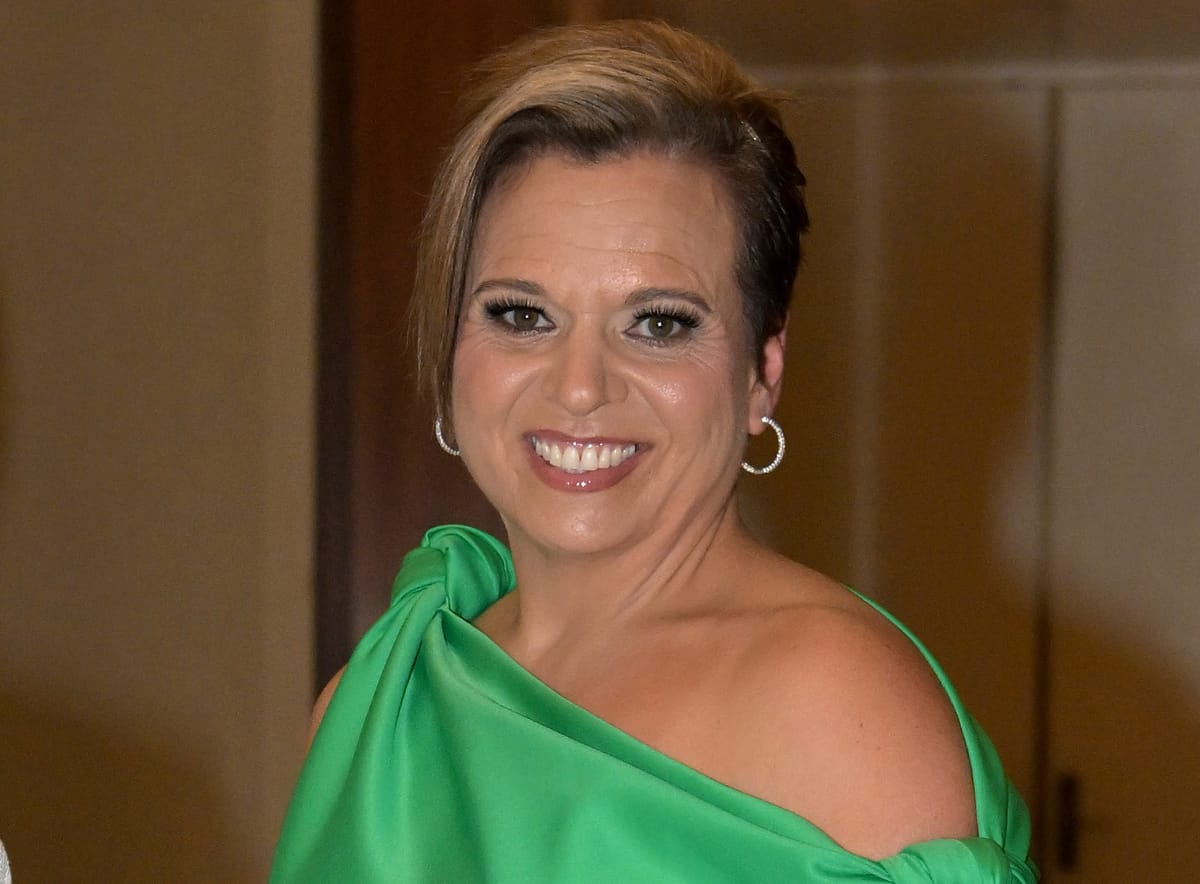
Asked about Freelander’s comments on Monday, Albanese said the Labor party welcomed diverse views, but defended the process.
“I have every respect for Mike Freelander. He's a good fellow, but not the first time he's gone public with various comments that he has,” Albanese told AM.
“We're a political party that has members who are very passionate about ideas. I've got no problem with that at all. What we're doing as a government, though, is making sure that we get it right.”
“And we will get it right. We will make a difference. The status quo is completely unacceptable and there'll be further reforms.”
Albanese restated his previous line that gambling reform was complex, and the government did not want to open the door for an influx of offshore operators. However, he wouldn’t be drawn on the specifics of a policy that had not gone before cabinet.
Given the political fallout this early in the process, there are doubts emerging as to whether the reforms could pass through parliament before the end of the year, with just six sitting weeks left. That opens the possibility that it could become a federal election issue early next year.
It had been expected that the Liberal/National Party would be supportive of the measures, however, National Party leader David Littleproud gave an indication that he would like to see a harder line of advertising reform.
"I think there is an opportunity for a bipartisan approach here to get this right, but the community is clearly telling us we've got to do something, and we've got to do something soon,” he told ABC’s Insiders.
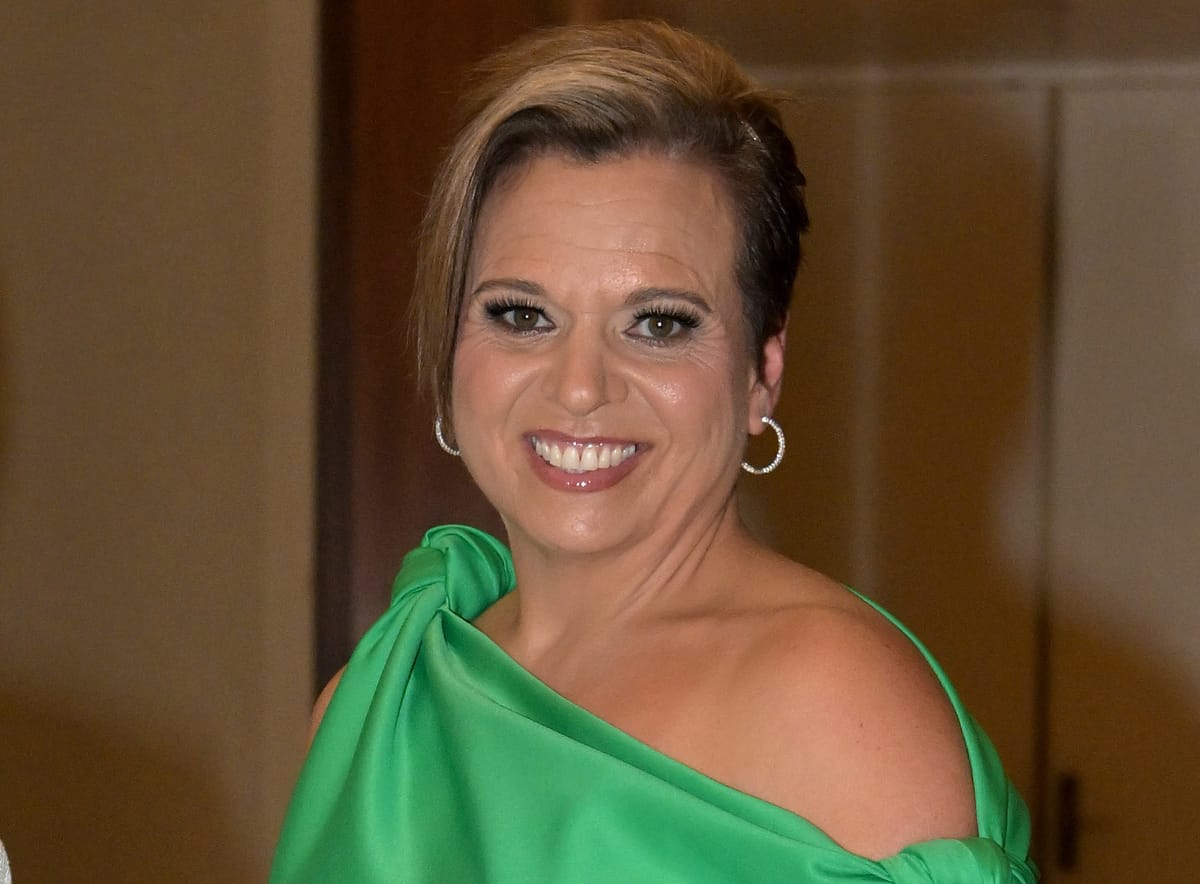
The Greens, meanwhile, want to introduce a further levy on gambling companies in order to compensate for the impact a ban on advertising may have on media and broadcast, something senior Labor MP Bill Shorten has raised as a challenge with a complete ban.
A proposal from the Australian Institute has suggested the government impose a 1.4 per cent levy on wagering revenue to pass through to media companies, which would amount to around $240 million a year.

